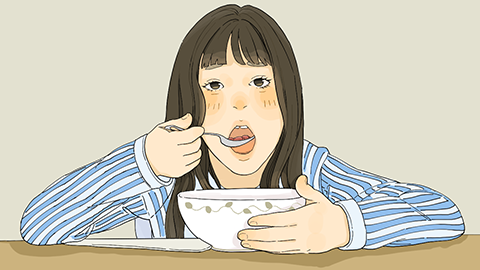How soon after a vaginal delivery can one resume a normal diet?
Generally, normal eating can resume 1 to 7 days after vaginal delivery. The detailed explanation is as follows:

Within the first day after vaginal delivery, the body is relatively weak, gastrointestinal function has not fully recovered, and digestion is impaired. The diet should be light and easily digestible. Rice water, noodle soup, etc., can be consumed initially to replenish fluids without placing excessive burden on the gastrointestinal tract. Soft-cooked noodles with mild vegetable soup may also be eaten in appropriate amounts to provide energy and nutrients.
From 3 to 7 days postpartum, gastrointestinal function gradually recovers, allowing for an increase in food variety and intake. Foods rich in high-quality protein such as eggs and fish can be introduced to aid body recovery and wound healing. Steamed egg, steamed fish, and chicken soup are suitable preparations. Additionally, more vegetables and fruits rich in dietary fiber, such as broccoli, apples, and bananas, should be consumed to prevent postpartum constipation. However, fruits should preferably be warmed before consumption to avoid cold stimulation.
As the body is relatively weak after childbirth, postpartum women should focus on a balanced diet and ensure adequate nutrition to promote recovery. Avoid eating cold, raw, or difficult-to-digest foods, such as ice cream, glutinous rice cakes, and sweet potatoes, as these foods are not conducive to recovery.





